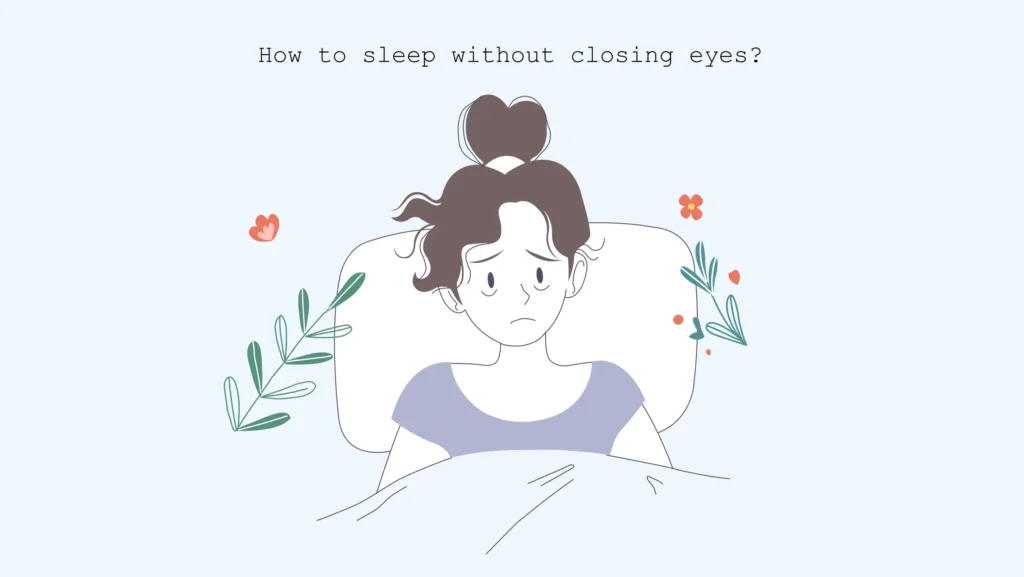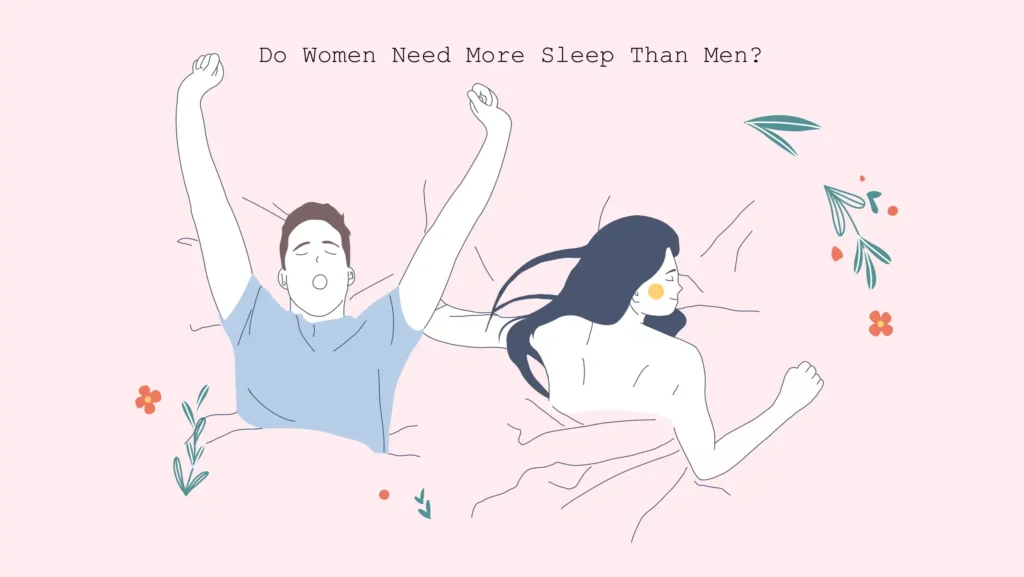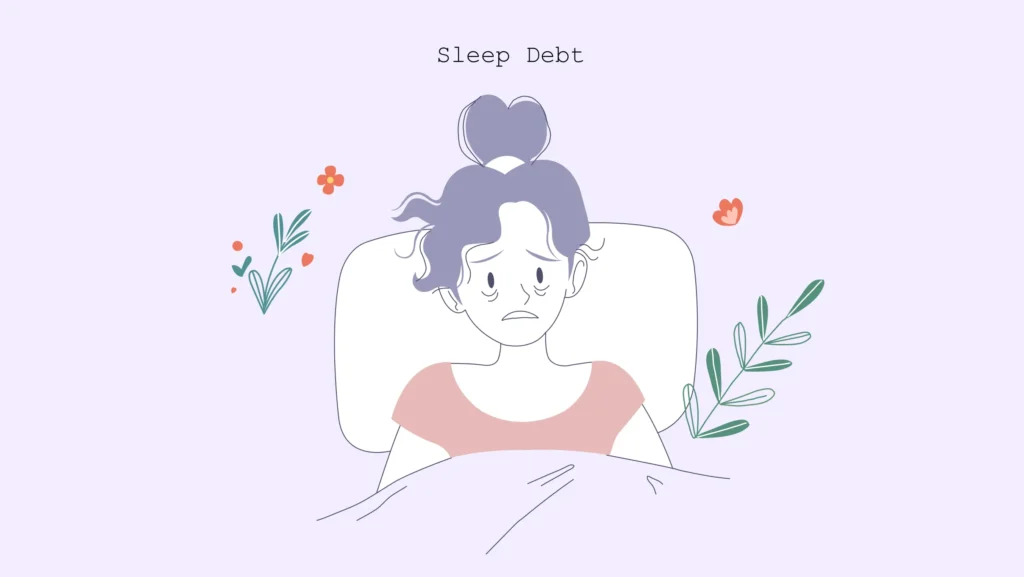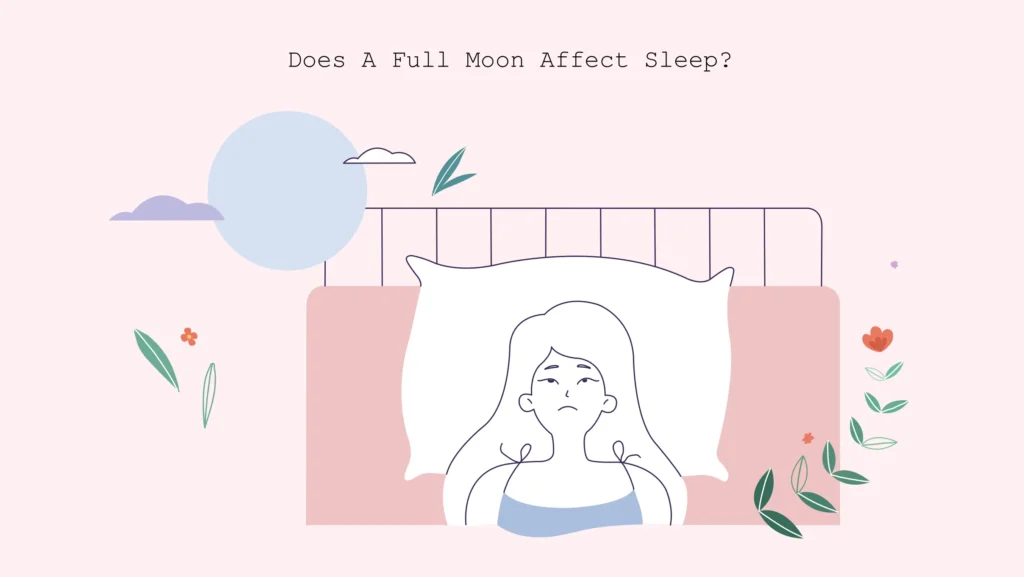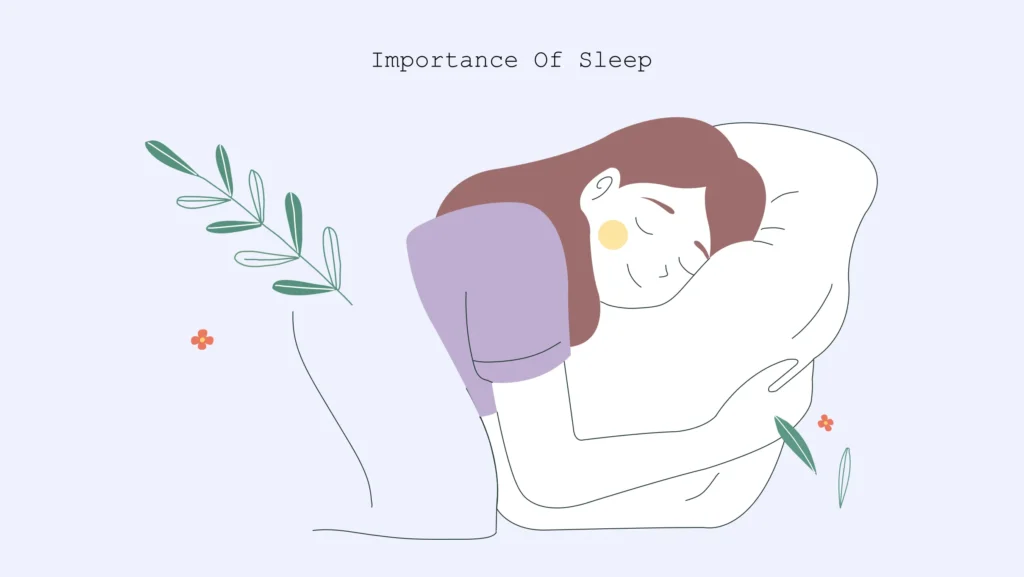Sleep Inertia: Everything You Need To Know
Fact Checked
Up to date
Update: June 29, 2023
Share
Written by

Content Writer
Medical reviewed by

Pulmonary and Sleep Specialist
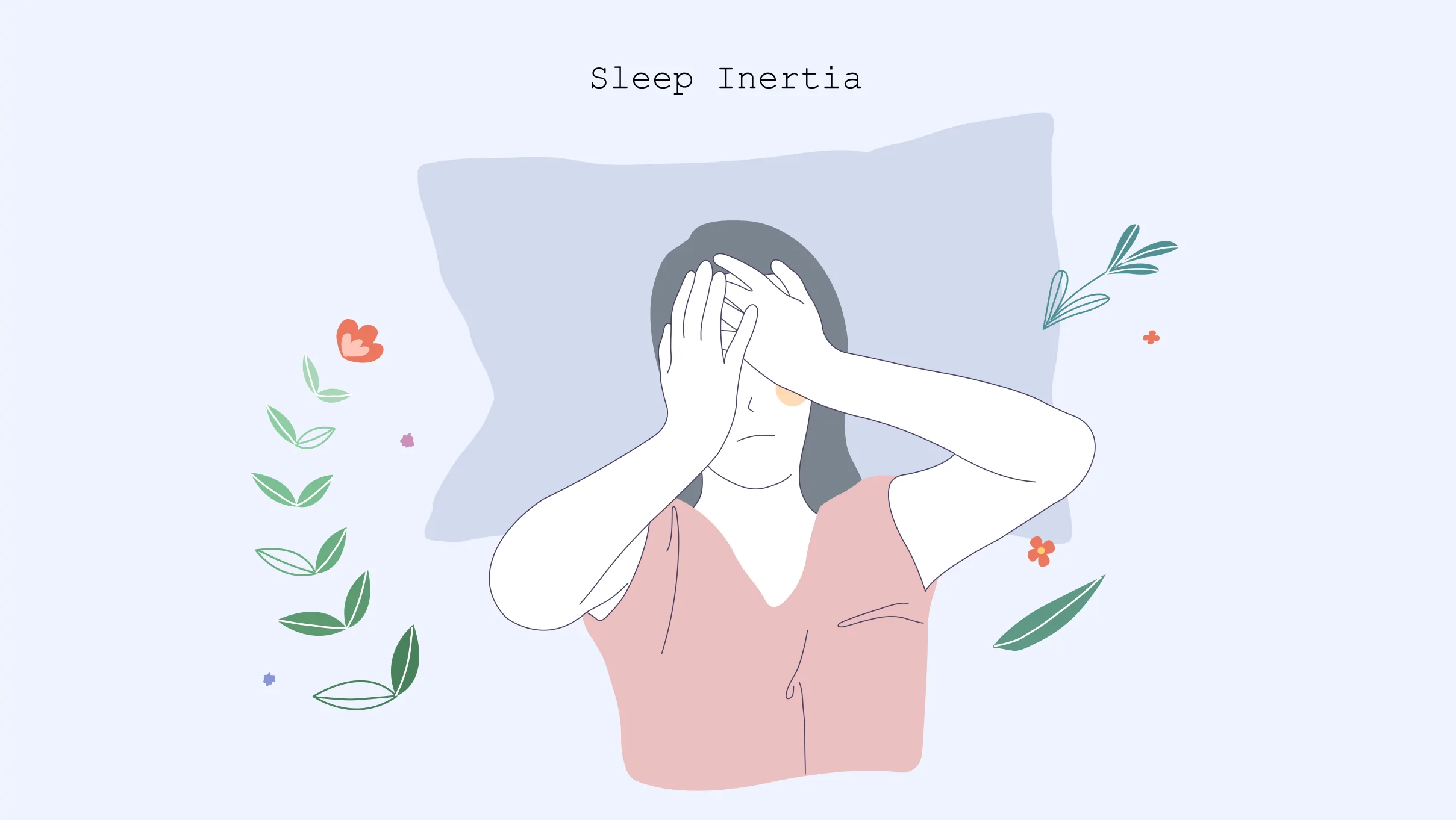
0
people like this article
Share
Written by

Content Writer
Bachelor's Degree in English Literature
7 years of experience as a content writer
Has experience writing for various industries, including health and wellness, travel, and technology
Medical reviewed by

Pulmonary and Sleep Specialist
Pulmonary Critical Care & Sleep Specialist, vast experience of 10+ years in diagnosing and treating various sleep disorders.


